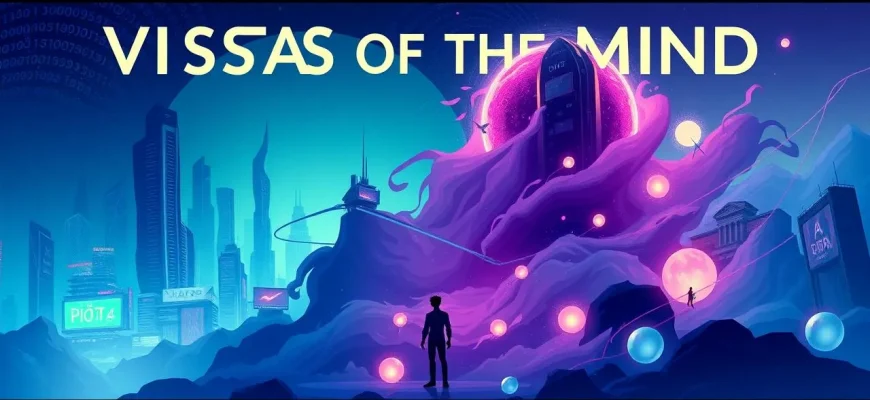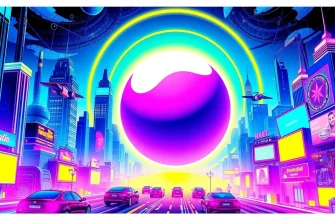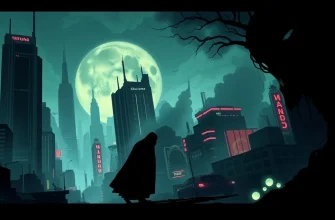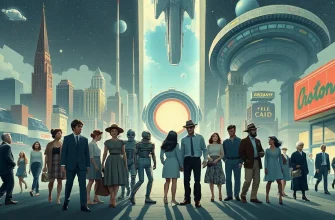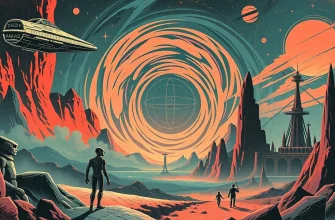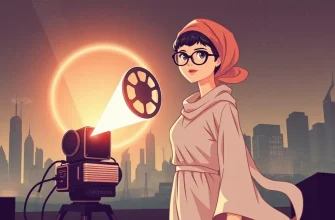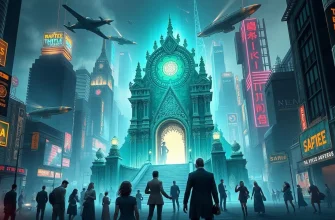Science fiction films often delve into the realm of the unknown, exploring themes like time travel, alternate realities, and psychic abilities. This curated list focuses on films where visions, whether prophetic, psychic, or induced by technology, play a central role in the narrative. These films not only entertain but also provoke thought about the nature of reality, perception, and the human mind, making them a must-watch for fans of speculative fiction.
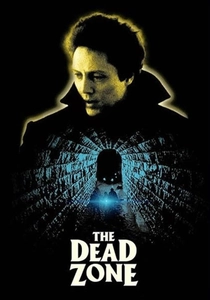
The Dead Zone (1983)
Description: After waking from a coma, a schoolteacher discovers he can see the future through physical contact. His visions lead him to confront a politician destined to start a nuclear war, raising questions about fate and free will.
Fact: The film is based on Stephen King's novel, and Christopher Walken's performance was critically acclaimed.
 Watch Now
Watch Now
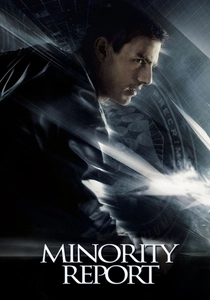
Minority Report (2002)
Description: In this Steven Spielberg thriller, visions are at the core of a futuristic crime prevention system where precognitive individuals see crimes before they happen. The film explores the ethical implications of pre-crime and the reliability of visions.
Fact: The film was inspired by Philip K. Dick's short story of the same name. The technology used in the film for gesture-based computing influenced real-world tech development.
 Watch Now
Watch Now
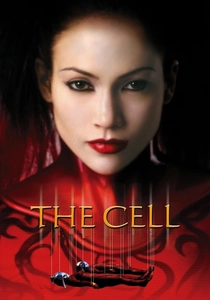
The Cell (2000)
Description: A psychologist enters the mind of a comatose serial killer to find the location of his last victim. The film uses visions to explore the subconscious, blending reality with surreal dreamscapes.
Fact: Jennifer Lopez's performance was praised, and the film's visual style was groundbreaking at the time.
 Watch Now
Watch Now
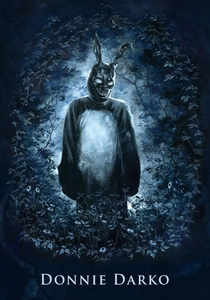
Donnie Darko (2001)
Description: A troubled teenager is plagued by visions of a man in a rabbit costume who manipulates him to commit acts that could alter the fabric of time and reality.
Fact: The film gained a cult following, and its complex narrative has inspired numerous theories and analyses.
 Watch Now
Watch Now
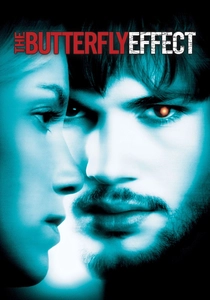
The Butterfly Effect (2004)
Description: This film explores time travel through the lens of visions, where a man can revisit moments of his past to alter the present. His attempts to change his life lead to unintended consequences, highlighting the complexity of time and memory.
Fact: The film had multiple endings, with the theatrical release being different from the director's cut.
 Watch Now
Watch Now
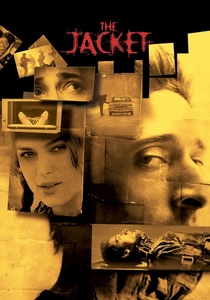
The Jacket (2005)
Description: A Gulf War veteran experiences visions of the future while undergoing experimental treatments in a mental institution. The film delves into themes of time, memory, and the power of the mind.
Fact: Adrien Brody's performance was noted for its intensity, and the film has a cult following.
 Watch Now
Watch Now
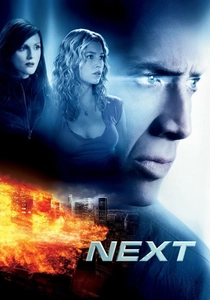
Next (2007)
Description: Nicolas Cage plays a man who can see two minutes into the future, using his ability to avoid danger. The film explores the implications of precognition on personal freedom and security.
Fact: The film is loosely based on Philip K. Dick's short story "The Golden Man."
 Watch Now
Watch Now

The Adjustment Bureau (2011)
Description: A man discovers that his life is being controlled by a mysterious group, and he fights against their plans, which are revealed through visions and manipulation of time.
Fact: The film is based on a short story by Philip K. Dick, and it explores themes of free will versus destiny.
 Watch Now
Watch Now
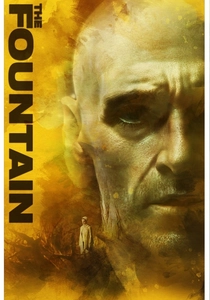
The Fountain (2006)
Description: This visually stunning film intertwines three stories across different time periods, where visions and dreams play a crucial role in understanding life, death, and the quest for immortality.
Fact: Darren Aronofsky's ambitious project was both critically divisive and admired for its unique storytelling and visual effects.
 30 Days Free
30 Days Free

The Lathe of Heaven (1980)
Description: A man's dreams can alter reality, and he is manipulated by a psychiatrist to change the world. This film examines the ethical dilemmas of using visions to reshape reality.
Fact: It's based on Ursula K. Le Guin's novel, and the film has a small but dedicated fanbase.
 30 Days Free
30 Days Free

